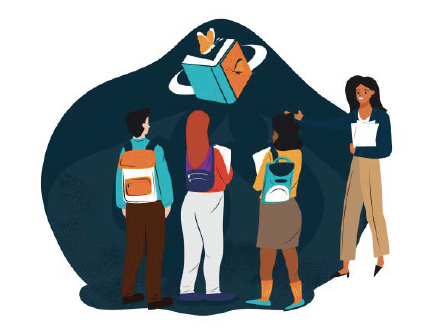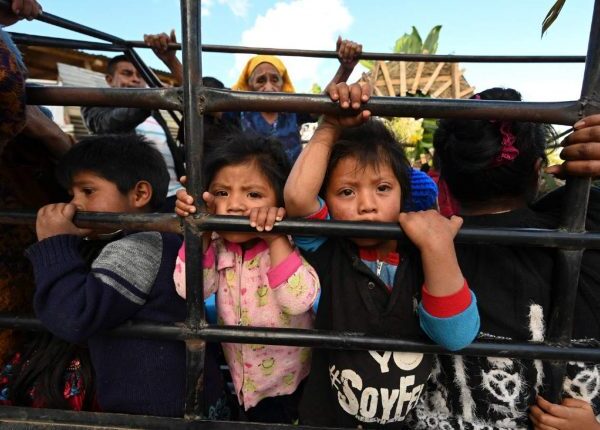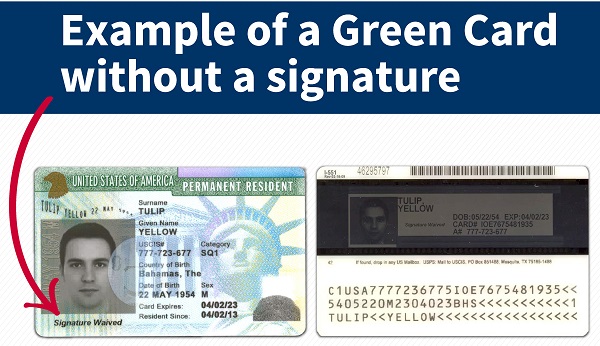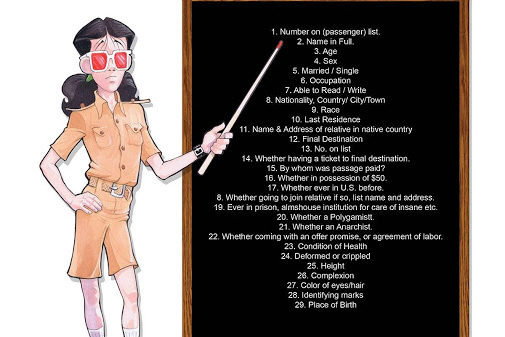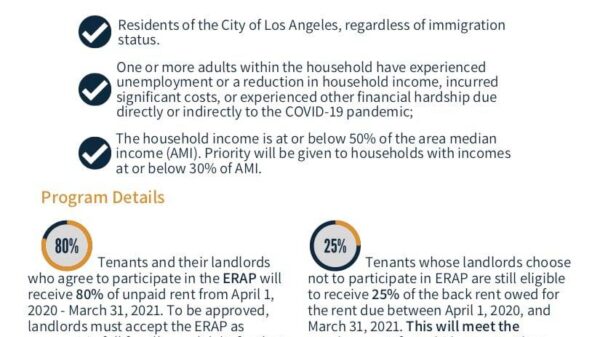Magazine, The Immigrant Experience
In the ongoing legal battle over the DREAM Act and legal protections for California’s undocumented population, a ray of hope has emerged for some 50,000-70,000 undocumented community college students. “Find Your Ally,” a state-funded initiative offered through the Higher Education Legal Services Project, has been launched to provide free immigration legal assistance, including coverage for DACA fees, to all students enrolled in California Community Colleges and their families. Importantly, this support extends to both full-time and part-time students, those taking credit or non-credit courses, dual enrollment students, and those engaged in adult education courses.
This development was discussed in a briefing conducted by Ethnic Media Services (EMS), co-sponsored by the Immigrant Legal Resource Center (ILRC) and the Foundation for California Community Colleges. The briefing featured various participants, including Manoj Govindaiah, the Managing Attorney for Immigrant Legal Defense, Dr. Kelly Fletes, the Dean of Student Services at Monterey Peninsula College, a California Community College student, and Alonso Garcia, the Senior Program Manager, Equity at the Foundation for California Community Colleges.
Alonso Garcia provided valuable context about the Higher Education Legal Services Project. This collaborative effort began in 2020, with support from key organizations, including the California Department of Social Services, the California Community College Chancellors Office, the Foundation for California Community Colleges, and 10 immigration legal service organizations. In November 2022, the initiative expanded its coverage to include all 115 community colleges across California, offering assistance to students, faculty, staff, dual-enrolled students, and those enrolled in non-credit courses.
Funding and Services
One of the critical aspects of this initiative is that all services provided are free, with the exception of filing fees. The program also extends financial assistance for DACA renewals and will soon cover naturalization applications and advanced parole filing fees, effective from November 1st. To access this financial support, students must connect with one of the 10 legal service providers collaborating with the program.
Information and Education
In addition to offering legal services, the program focuses on providing educational outreach materials and informational webinars. The goal is to ensure that accurate information reaches all 115 California community colleges and their 1.1 million students. The program’s comprehensive approach extends to addressing fraudulent legal services, educating students on their rights, and preparing families for potential removal proceedings, thereby dispelling misconceptions about immigration policies.
Limitations and Future Expansion
While Find Your Ally offers a wide range of services, there are limitations. The program does not directly support removal defense, asylum applications, or employment-sponsored visas. However, students seeking these services can receive advice and referrals to organizations that can provide the necessary support. The program’s focus remains on identifying possible immigration relief options, such as DACA applications, family-based petitions, and naturalization applications.
The Find Your Ally program has emerged as a lifeline for undocumented students pursuing higher education in California’s community colleges. By offering free immigration legal assistance, financial support for filing fees, and comprehensive educational resources, it aims to empower these students to achieve their dreams while navigating the complex landscape of immigration policies. The program’s expansion and commitment to addressing the unique challenges faced by undocumented individuals mark a significant step forward in ensuring access to education and opportunities for all.
During the briefing, Manoj Govindaiah, a Managing Attorney at Immigrant Legal Defense (ILD), shared his insights and experiences with the program, shedding light on the critical role ILD plays in providing legal services to California’s diverse immigrant population. ILD is a nonprofit legal services organization headquartered in Oakland and has established partnerships with educational institutions across the state, including K-12 schools in Oakland and several California state campuses.
Manoj emphasized that, with his 17 years of experience, he has observed two primary obstacles faced by potential clients in accessing legal services. The first challenge is finding high-quality legal services, and the second involves overcoming logistical obstacles to reach legal representatives, particularly in rural areas where USCIS offices may be located hours away from residents. Undocumented individuals, often facing difficulties related to transportation and mixed-status households, encounter hurdles when trying to access legal support.
He highlighted the significance of the Find Your Ally program in addressing these challenges. The program operates directly within schools, making it convenient for students, faculty, and staff to access legal services. Manoj noted that the program’s 10 legal service providers have been vetted and selected by the state, ensuring that clients can easily find and access quality legal services.
Manoj also mentioned that ILD serves all 34 campuses virtually, allowing them to reach underserved and rural areas. The organization frequently encounters cases where clients have struggled for years to find adequate legal representation, sometimes resorting to well-intentioned but unqualified individuals. These clients often end up in challenging legal situations.
He shared a compelling case study of a client who, after years of attempting to renew DACA, discovered that he was eligible for a green card due to a change in legal interpretations. This revelation could potentially lead to permanent residency. Manoj highlighted that the diversity of cases they encounter keeps attorneys on their toes, including clients who have recently arrived in the U.S., as well as long-term residents with complex immigration histories.
Manoj also mentioned that ILD often deals with victims of abuse, neglect, domestic violence, and other crimes who may be eligible for specific immigration statuses such as special immigrant juvenile status or U visas. Furthermore, the program assists individuals in removal proceedings and those seeking to renew their DACA status. They also support staff and faculty, including DACA recipients and individuals seeking to sponsor family members or apply for citizenship.
Manoj concluded by explaining advanced parole, a process that allows individuals with DACA or TPS to travel outside of the U.S. and re-enter, which can be crucial for various immigration-related purposes.
As the questions were addressed, Manoj provided valuable insights into the program and ILD’s role in assisting students, faculty, staff, and others in the complex realm of immigration law, underscoring the program’s importance in connecting underserved communities with legal resources.
Dr. Kelly Fletes, the Dean of Student Services at Monterey Peninsula College, brought a unique perspective to the discussion. She began by expressing her gratitude for the California Community Colleges’ commitment to offering higher education access, emphasizing that the California Community Colleges welcome and accept 100% of students who apply, making education accessible to all.
Dr. Fletes highlighted the idea that enrolling in even one class within the community college system provides students with access to a vast network and numerous opportunities. This makes higher education more accessible, and it serves as a gateway for students to rethink their educational and career options.
She extended her gratitude to Alonso Garcia, who has played a pivotal role in championing higher education with legal immigration services and fostering partnerships with organizations like the Community Action Board (CAB) in Santa Cruz, California. This collaboration has made it possible to leverage resources and offer free legal immigration services to students, regardless of their immigration status.
Dr. Fletes stressed that the program has been a game changer, especially in light of the challenges and inequities exposed by the COVID-19 pandemic. The program facilitates partnerships between colleges, communities, and students, furthering the cause of equity for all, regardless of their immigration status.
She also pointed out that California’s strong emphasis on basic needs, such as shelter, food, housing, transportation, and childcare, should include immigration legal services as a basic need for undocumented, documented, and mixed-status students. She shared a poignant example of a student who had incurred over $10,000 in debt due to fraudulent legal services. Through the program, this student received proper assistance, obtained legal residency, and continued their education, even gaining access to federal financial aid.
Dr. Fletes emphasized that every student’s story is unique, with varying complexities and challenges. Having one organization lead the way in California, partnering with colleges and communities, allows students to trust that they can receive the help they need. The program’s ability to direct students to other resources if necessary is a testament to its commitment to student success.
She emphasized that administrators and college leaders at the institutional level are committed to supporting this initiative and promoting the workshops and legal immigration services that benefit students. Document Student Action Week in California’s community colleges served as a platform to inform students about the availability of these services, dispelling the notion that they have to remain in the shadows.
Dr. Fletes highlighted that the program’s efforts extend beyond the Bay Area, bridging communities and connecting students with trusted professionals. Partnerships with organizations like Immigrants Rising have been instrumental in providing free resources and support to students eligible for California residency under AB 540 and SB 68.
In conclusion, Dr. Fletes underscored the importance of transparency and strategic planning, which, in partnership with dedicated professionals, are helping to connect students with the resources they need to succeed in higher education. The program not only breaks down barriers but also builds bridges for students to access essential services.
Sabrina P., a student who has personally benefited from the program, shared her heartfelt experience during the discussion. Sabrina introduced herself and described her initial situation as an undocumented student receiving minimal financial aid through the DACA program.
As a first-generation college student, Sabrina explained that she felt alone in navigating the complex world of higher education and her immigration status. She had concerns about her future, as she was unsure about her opportunities after college due to her undocumented status. Sabrina mentioned that she didn’t know where to turn for guidance.
It was through her participation in the DREAM Act program at her college that Sabrina first heard about the legal services available to students like her. At first, she was hesitant and unsure if these services would apply to her unique circumstances, given her immigration status. Nevertheless, she decided to reach out and schedule a consultation.
Sabrina received legal assistance in 2020, and she shared that the process was straightforward. She recalled the significant impact these services had on her life, which extended beyond her initial expectations. These services helped her gain employment authorization, opening up new opportunities she couldn’t have imagined before.
Sabrina also acknowledged the initial apprehension many undocumented students feel about asking for help, fearing potential exposure of their immigration status. However, she emphasized that her experience was entirely different. The legal service providers assured her that they would assist her without jeopardizing her legal status. Her fears were dispelled as the providers focused on offering support rather than exposing her immigration status.
Sabrina reflected on the many questions she had initially posed to the legal services team, such as how the process worked, what resources were available to her, and whether she needed to pay for the services. She was relieved to receive responses that assured her the assistance was free, and her information would not be disclosed to immigration authorities.
With the support she received, Sabrina is currently in the process of obtaining her green card. This newfound legal status has transformed her life, enabling her to secure employment, contribute to her family’s well-being, and pursue opportunities that were previously out of reach. She expressed her gratitude for the program and encouraged other undocumented students to seek assistance without fear, emphasizing that asking for help is a positive step that can lead to life-changing opportunities.
In conclusion, Sabrina P.’s personal experience served as a testament to the effectiveness and importance of the legal services provided, showing that these services can empower undocumented students to achieve their dreams and lead more fulfilling lives.
#EmpowerDreams #FindYourAlly #UndocumentedStudents #LegalLifeline #CommunityColleges #HigherEducation #ImmigrationAssistance #EducationEquity #DreamAct #CaliforniaColleges #StudentSupport #DACA #OpportunityForAll

